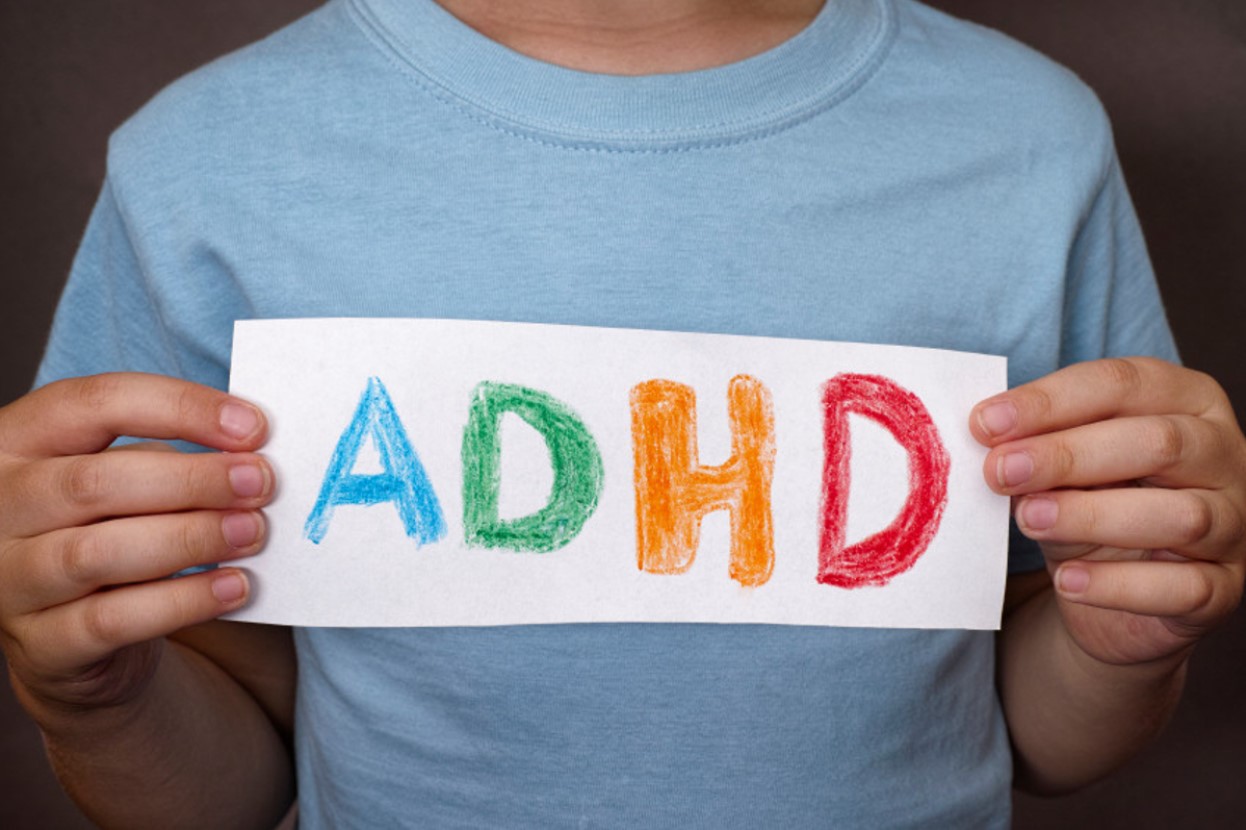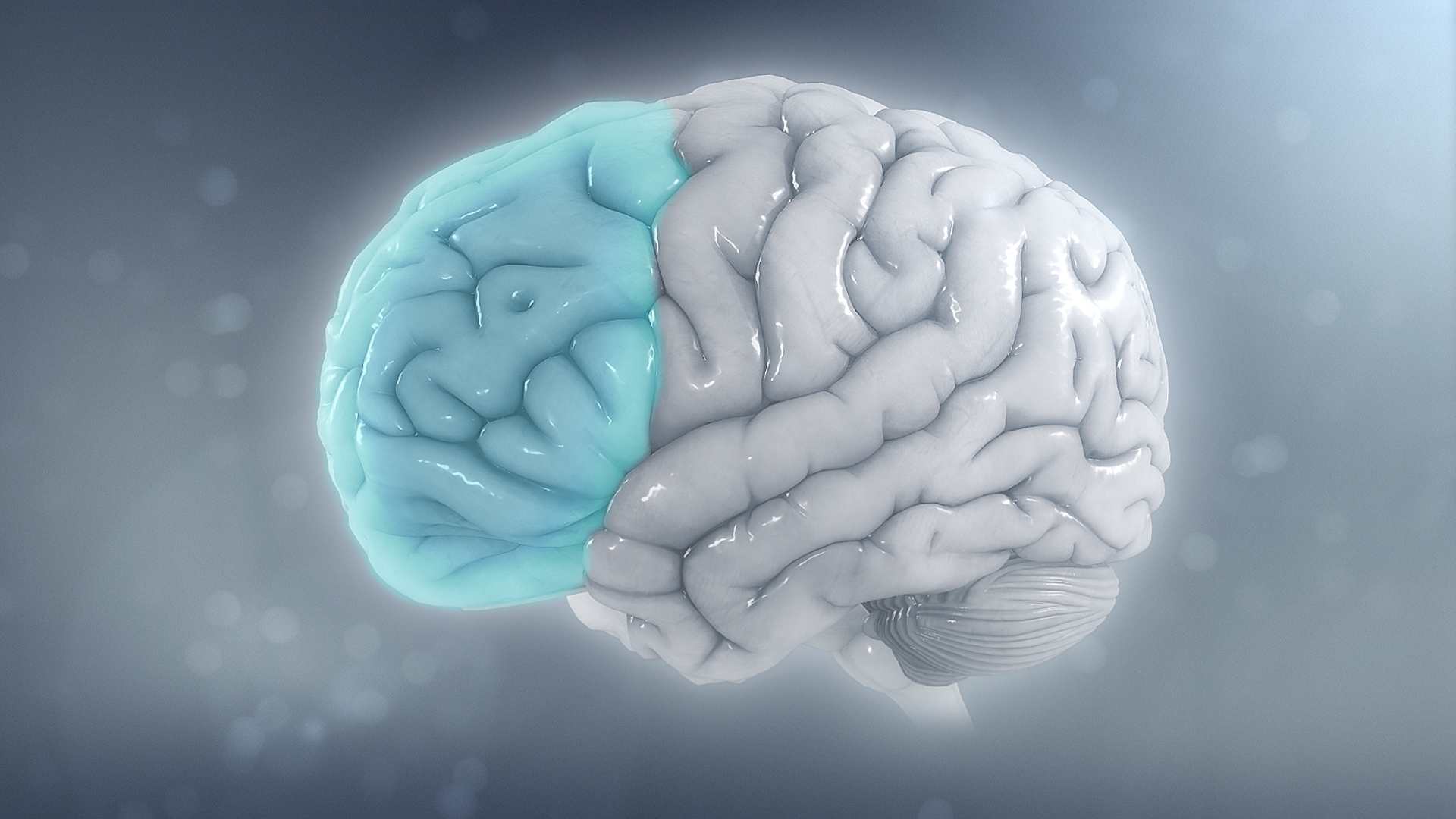Researchers Find Link to ADHD That Might Have Started Thousands of Years Ago in Ancient Humans
Historians have known for decades that humans’ earliest ancestors were hunter-gatherers, moving from place to place to ensure they could find enough food to survive. But thanks to a new study, they now understand something specific about the brains of these ancient peoples.
Researchers now believe the neurodivergent disorder ADHD, which is increasingly prevalent in human brains, could have developed among hunter-gatherers as a survival mechanism.
Understanding How ADHD Affects the Brain
Before diving into this latest scientific development, it’s first crucial to understand what ADHD is and how it affects the brain.

Source: Freepik
ADHD, or attention deficit hyperactivity disorder, is a disorder in the brain in which neural pathways connect differently and often more slowly than in typical brains. Symptoms include abnormal behavioral and cognitive functioning, such as hyperactivity, the inability to multitask, and impulsivity.
There Are Certainly Positives to ADHD
While many people see ADHD as a frustrating diagnosis, there are absolutely positives to the neurological disorder.

Source: Adobe Stock
People with ADHD can have hyperfocus for specific tasks, fantastic problem-solving skills, creativity, high energy, and the ability to think outside the box.
The Origins of ADHD
While scientists have spent years studying this interesting brain disorder, few have attempted to find out where it came from or why it developed in the human brain.

Source: Freepik
But researchers at the University of Pennsylvania decided to do exactly that, and they found that ADHD may have originated in humans as many as 12,000 years ago when they needed the symptoms it provides to survive.
The University of Pennsylvania Study
To conduct the study, researchers asked 457 participants a series of questions about themselves and found that 67.3% of them tested positive for ADHD.

Source: Freepik
They then asked everyone, those with and without ADHD, to play a video game in which they needed to collect as many berries from shrubs as they could within a certain period of time.
Analyzing Data on the Participants’ Foraging Decisions
Then, the researchers collected and analyzed how each and every participant went about collecting berries in the game.

Source: Getty Images
They noted that there was a direct link between foraging decisions and the presence of ADHD. Those who had ADHD moved on from a bush where they couldn’t find any more berries four seconds faster than those who didn’t.
How Does This Data Relate to Ancient Humans?
What’s interesting about this finding is that it directly relates to the earliest hunter-gatherers. These people would have spent their days in one of two ways: hunting game or foraging for seeds, berries, and edible plants.

Source: Eric Lafforgue/Art in All of Us/Corbis/Getty Images
And those who were constantly looking for food in bushes and on the ground would have benefited from a brain that told them to move on when there was little to nothing left in that specific area.
4 Seconds Per Bush Definitely Adds Up
What the researchers understand is that, while moving on from an almost empty berry bush four seconds earlier doesn’t sound like a big difference, the time can really add up.

Source: Freepik
That means ancient humans with ADHD disorder would have been able to provide their families with more food in less time, something that could have saved lives when times got tough.
What the Researchers Had to Say About Their Findings
Dan Eisenberg, co-author of the study and associate professor at the University of Washington in Seattle, told New Scientist, “These results are compelling in that they demonstrate measurable differences in the foraging strategies employed by individuals with and without ADHD.”

Source: Brendan Smialowski/Getty Images
However, he also noted that, “Determining exactly how behaviors associated with ADHD may have been adaptive within past environments is difficult,” essentially saying it’s almost impossible to know for sure if their hypothesis is 100% correct.
ADHD in Human Evolution
The data the researchers at the University of Pennsylvania collected doesn’t explain why ADHD has become so much more prevalent in humans today than it ever has been before. Since humans no longer forage for their food, one might think the number of cases would be decreasing, not increasing.

Source: Freepik
While there is still no answer to this question, one important aspect of ADHD to note is that it is genetic. According to the National Library of Medicine, children born with relatives who have ADHD have an 80% chance of developing the disorder themselves. So, in this case, the increase in ADHD is likely more to do with genetics than it is with evolution.
Further Research Could Be Conducted on Modern-Day Hunter-Gatherers
There are no brains to study from 12,000 years ago. However, there are still living hunter-gatherer societies all around the world.

Source: Wikipedia
The University of Pennsylvania has made no comment to say they will be studying the minds of these people. However, it could be the only way to prove their ADHD theory.
Will This Information Be Able to Decrease the Number of ADHD Disorders?
As of 2024, Forbes reports that there are more than 8.7 million people in the United States alone with ADHD, 6 million of whom are still children, meaning that within the next decade, there will likely be many more.

Source: Shutterstock
Many doctors and researchers are working tirelessly to find out why this is happening to decrease this number in the future. But while the research regarding ADHD in hunter-gatherers is undoubtedly interesting, it’s not likely to lead to a way to diminish the condition for modern children.
Why is ADHD So Prevalent in Children?
A 2013 article by The New York Times investigated the seeming rise in ADHD diagnoses in America. At the time the term “ADHD Epidemic” was used to describe its prevalence.

Source: Leo Rivas/Unsplash
One reason the article cites for the prevalence of ADHD among children is the changes in the ways people are schooling their children and other social factors.
A World of Distractions
Modern schooling has changed a lot in such a short time. New technology advances have seen schools filled with computers, cell phones, and other devices that can be intensely distracting.

Source: Feliphe Schiarolli/Unsplash
People with ADHD have a tendency to be easily distracted, which can make them unable to focus on learning and schoolwork. As sources of distractions have increased in schools through technology, more kids are encountering problems.
How Does ADHD Affect Classroom Learning?
For someone with ADHD, more things become an obstacle in the pursuit of learning. Kids with ADHD can be distracted by an inability to stay still, their own intrusive thoughts, or impulses that make it hard to maintain attention for a long period of time.

Source: Arthur Lambillotte/Unsplash
The CDC recommends behavioral management training for kids so that they can learn to manage the symptoms of their condition.
What Causes ADHD?
Research on ADHD has not determined a single cause for the condition. Instead, people who diagnose ADHD point to a variety of possible causes.

Source: Science Animations/Wikimedia
A research paper from the Journal of the Missouri State Medical Association asserted a combination of genetics, neurologic, and environmental factors are thought to cause ADHD. They also noted a broadening in the diagnostic definition of ADHD, which could make pinning down just one cause difficult.
Why is It Becoming More Common?
According to Psychology Today, it’s not that ADHD is necessarily spreading among the population, it is just that the healthcare industry is diagnosing more cases.

Source: National Cancer institute/Unsplash
The assertion is that as the stigma around the condition lessens and people get better access to care, the number of reported cases will naturally increase.
Issues with Self-Reporting
From another perspective, there does also seem to be a rise in the number of people self-identifying as having ADHD, which some think is due to social media trends on platforms like TikTok.

Source: Solen Feyissa/Unsplash
The Guardian reported in 2022 that TikTok videos tagged #ADHD have been viewed more than 11 billion times on the platform. As more people see others post their ADHD symptoms, they might agree that they have the condition as well, even if they aren’t officially diagnosed by a professional.
